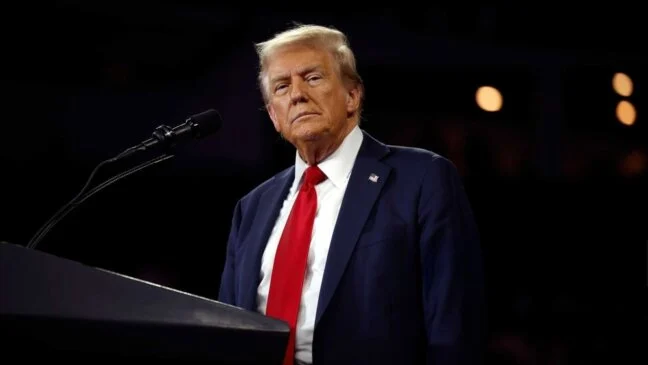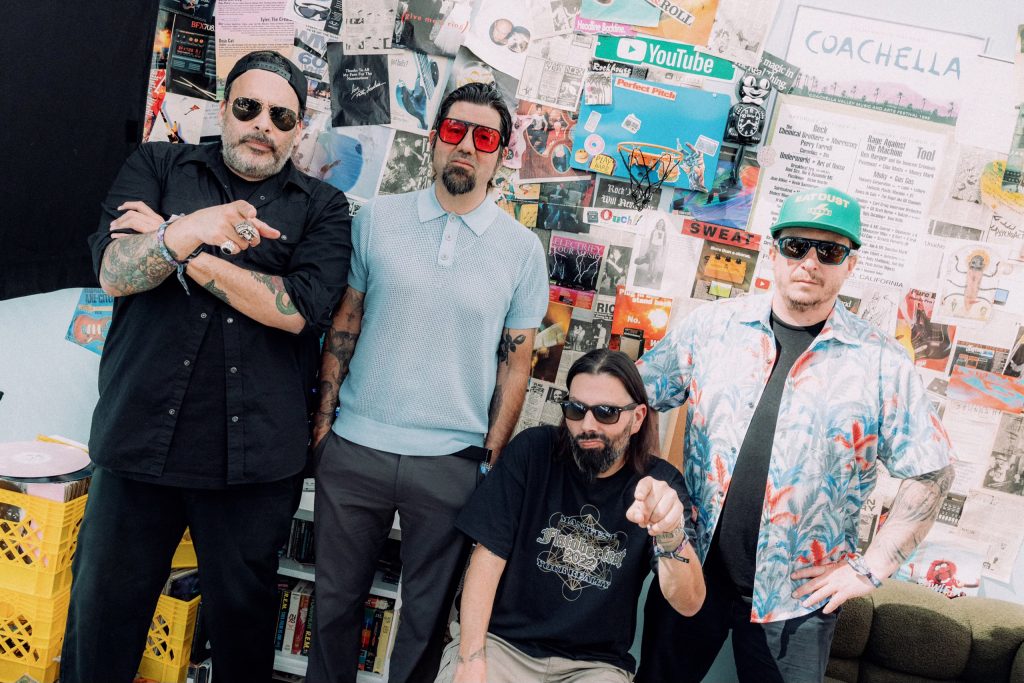Trump Faces Lawsuit Over Song Use
President Donald Trump will face a lawsuit claiming that his campaign utilized a song co-authored by the legendary singer Isaac Hayes after his request to dismiss the case was denied.
In an order released on Wednesday (April 2), Judge Thomas Thrash Jr. of the US District Court for the Northern District of Georgia rejected the motion to dismiss the case put forth by Trump’s lawyers. They argued, among other points, that the plaintiffs did not sufficiently demonstrate ownership of the song.
Details of the Lawsuit
The estate of Hayes and ISAAC Hayes Enterprises LLC, managed by Isaac Hayes III, filed a lawsuit in August of the previous year, alleging that Trump played Hold On, I'm Coming—a hit from 1966 recorded by the duo Sam and Dave—at his rallies without authorization.
The original complaint, which can be viewed here in full, stated that Trump had used the song at least 133 times from 2020 to 2024.
Hold On, I’m Coming was co-authored by Isaac Hayes, who passed away in 2008, and his heirs claim ownership of 50% of the song.
Besides Trump, the initial complaint named his campaign and several organizations where Trump rallies were held as defendants: Republican National Committee (RNC), National Rifle Association (NRA), political group Turn USA, and BTC Inc., a Bitcoin and blockchain media company based in Tennessee.
In subsequent changes to the complaint, the Hayes estate dropped the RNC and NRA as defendants, while the case against BTC Inc. was dismissed by the court, which is being heard separately in Tennessee.
Trump’s lawyers challenged the Hayes estate’s claims of ownership. They argued that ISAAC Hayes Enterprises had assigned its rights in the song to the music publishing rights investor Primary Wave.
The Hayes estate disagrees and maintains that they regained control over their rights based on the “termination rights” enshrined in U.S. law.
According to the 1976 Copyright Act, original songwriters can “regain” their copyright from publishers (or assign their rights) after a certain period—56 years for works created before 1978.
The plaintiffs indicated they reacquired their rights from Warner Chappell Music in 2022, 56 years after Hold On, I’m Coming was released, allowing them full control over their share of the song.
They stated that they subsequently sold half of their share to Primary Wave in 2023, granting Primary Wave and Hayes’ estate a combined 25% share of the song.
“The issue is that none of these key legal events predict a termination of copyright license, based on half the ownership rights in the work; the alleged transfer of Isaac Hayes’ rights to Hayes Enterprises; or the agreement between the latter and Primary Wave is documented,” Trump’s lawyers claimed in their motion to dismiss in January, which can be read in full.
At the outset of this case, Trump’s lawyers also contended that they possessed a license to use the song under a blanket license for political organizations from BMI.
However, the court found that BMI had emailed the Trump campaign last June, notifying them that the owners of Hold On, I’m Coming had prohibited the use of the song by the Trump campaign, making it “excluded from the agreement effective immediately,” in accordance with BMI’s policy that allows rights holders to withdraw their music from general licenses if they object to its use.
Thus, the court concluded that the plaintiffs would likely be able to demonstrate that Trump’s campaign’s use in June 2024 was unauthorized and constituted a copyright violation.
By the time they filed their dismissal request, Trump’s lawyers had abandoned the argument that the BMI license permitted song use in the campaign.
“I believe that (the plaintiffs) second complaint—despite its numerous issues and there are quite a few—adequately asserts ownership of the work,” Judge Thrash remarked during a hearing on Wednesday, as quoted by the Atlanta Journal-Constitution.
Hayes’s case is not the only instance where Trump’s campaign has been embroiled in disputes with popular artists over the use of their music.
Numerous artists, from ABBA to The White Stripes, have at one time or another expressed opposition to the Trump campaign’s use of their music.
The Foo Fighters stated last summer that they had not authorized the use of their track My Hero at Trump rallies. Additionally, last summer Trump’s campaign removed a video featuring Beyoncé’s song Freedom after the singer prohibited its use.
Donald Trump denied dismissal of Isaac Hayes heirs’ copyright lawsuit





